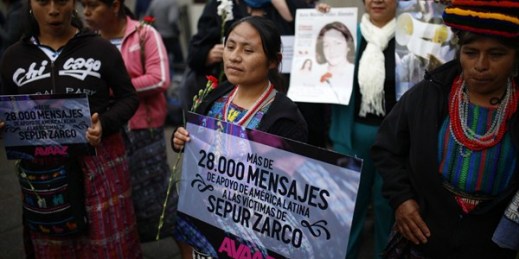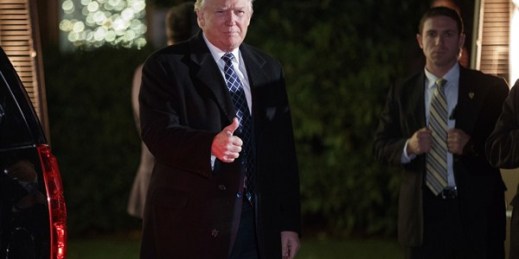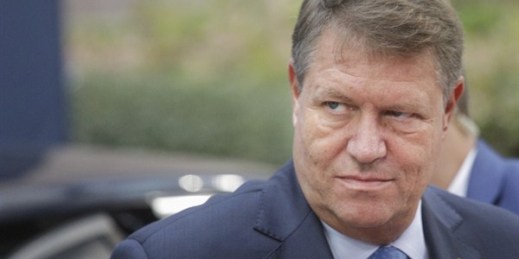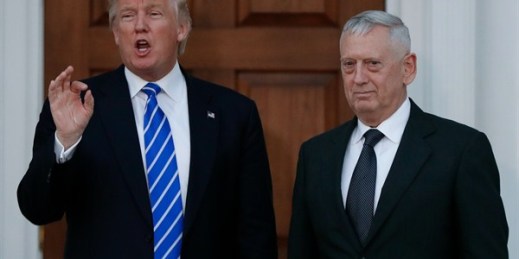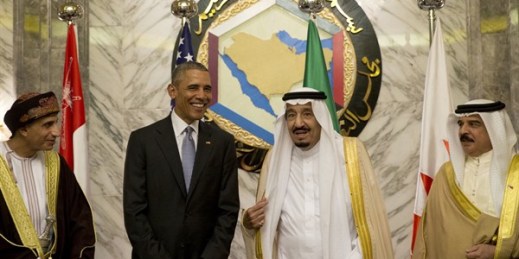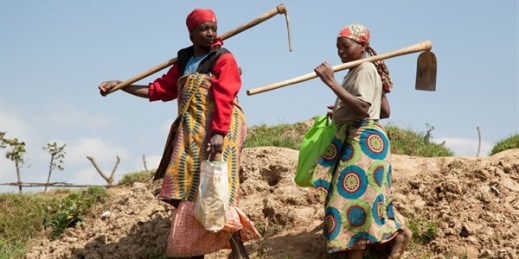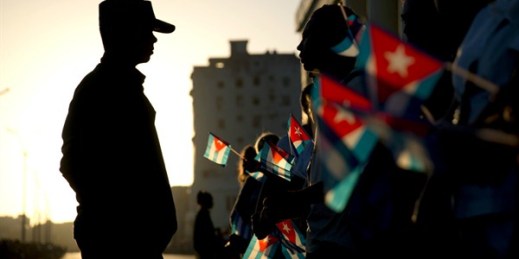
Editor’s note: This article is part of an ongoing WPR series on the legal status and socio-economic conditions of indigenous peoples in a range of countries. Last week dozens of indigenous people blocked the entrance to the presidential palace in Brasilia to demand that Brazilian President Michel Temer’s administration respect their rights. In an email interview Ana Carolina Alfinito Vieira, a doctoral student at the Max Planck Institute for the Study of Societies, and Luiz Henrique Eloy, a lawyer with the Terena Indigenous Council, discuss indigenous rights in Brazil. WPR: What is the legal status of Brazil’s indigenous peoples, and […]

